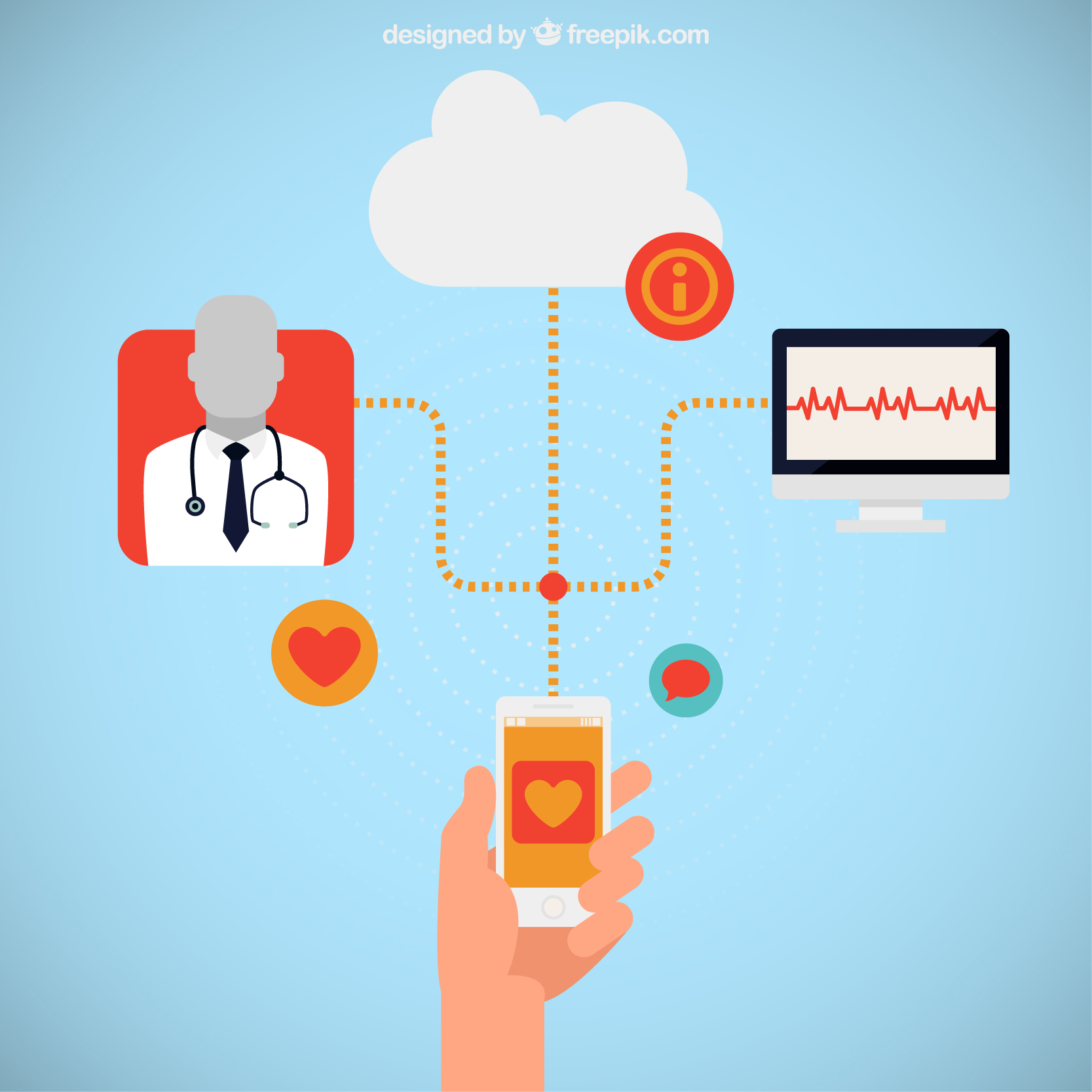Leveraging Big Data in Healthcare Software Development for Improved Patient Outcomes

Strong 8k brings an ultra-HD IPTV experience to your living room and your pocket.
Introduction
In today's data-driven world, big data has emerged as a powerful tool in various industries, and healthcare is no exception. The integration of big data analytics into healthcare software development has the potential to transform the industry by providing actionable insights, improving decision-making processes, and ultimately enhancing patient outcomes. This article explores how leveraging big data in healthcare software development can lead to improved patient care and revolutionize the way healthcare providers deliver services.
Understanding Big Data in Healthcare
Before delving into the impact of big data on healthcare software development, it is essential to understand what big data entails in this context. Big data refers to the vast volume, velocity, and variety of healthcare data generated from various sources, including electronic health records (EHRs), medical devices, wearables, and genomics. It encompasses structured and unstructured data, such as clinical notes, lab results, medical images, and patient demographics.
Big data has become a buzzword in various industries, and its impact on healthcare is undeniable. In the healthcare sector, big data refers to the vast amount of complex and diverse information generated from various sources, such as electronic health records (EHRs), medical imaging, wearable devices, and genomic data. This wealth of data holds tremendous potential to transform healthcare delivery, improve patient outcomes, and drive medical advancements. In this blog post, we will delve into the concept of big data in healthcare, its sources, challenges, and the opportunities it presents for better understanding and decision-making in the field.
Sources of Big Data in Healthcare:The sources of big data in healthcare are extensive and encompass a wide range of information. Electronic health records (EHRs) capture patient demographics, medical history, clinical notes, laboratory results, and more. Medical imaging generates large volumes of data from modalities such as X-rays, CT scans, and MRIs. Additionally, wearable devices, patient monitoring systems, and telemedicine platforms generate real-time patient data, enabling continuous monitoring and remote care. Genomic data, which contains a person's genetic information, adds another dimension to the big data landscape in healthcare.
Challenges in Handling Big Data in Healthcare: While big data brings numerous opportunities, it also presents challenges in terms of storage, processing, and analysis. Healthcare organizations face significant hurdles in managing and securing massive volumes of data while ensuring privacy and compliance with regulations such as HIPAA. Furthermore, integrating data from disparate sources and standardizing formats for analysis can be complex. Data quality, including accuracy, completeness, and consistency, is also a critical challenge that must be addressed to derive meaningful insights from big data.
The Role of Big Data Analytics in Healthcare: Big data analytics plays a crucial role in healthcare by extracting valuable insights from the vast amounts of data. Advanced analytics techniques, such as machine learning, artificial intelligence, and data mining, enable healthcare professionals to uncover patterns, trends, and correlations that may not be apparent through traditional methods. These insights can drive evidence-based decision-making, support clinical diagnoses, identify at-risk populations, and inform preventive strategies.
Enhancing Diagnostics and Treatment
One of the significant benefits of leveraging big data in healthcare software development is its potential to improve diagnostics and treatment outcomes. By analyzing large datasets, healthcare software can identify patterns, correlations, and anomalies that human practitioners might overlook. Advanced algorithms can compare patient data against vast repositories of anonymized data, leading to more accurate diagnoses and personalized treatment plans. Additionally, predictive modeling techniques can anticipate disease progression, allowing healthcare it consulting service providers to intervene proactively and prevent adverse events.
Optimizing Population Health Management
Another area where big data can have a transformative impact is population health management. By aggregating and analyzing data from diverse sources, healthcare software can help identify high-risk populations, track disease outbreaks, and monitor public health trends. Real-time data analytics enable proactive interventions and resource allocation, improving healthcare organizations' ability to deliver timely and targeted interventions. Moreover, big data can facilitate predictive modeling to forecast future healthcare demands, ensuring effective resource planning and allocation.
Improving Patient Engagement and Outcomes
Big data analytics services can also contribute to improving patient engagement and outcomes. By leveraging patient-generated data from wearables and mobile apps, healthcare software can provide personalized insights and recommendations to patients. These tools empower individuals to actively participate in their own healthcare by tracking their vital signs, medication adherence, and lifestyle behaviors. With access to actionable information, patients can make informed decisions, manage chronic conditions, and take preventive measures, resulting in better health outcomes.
Enhancing Healthcare Research and Development
In addition to healthcare application development, big data plays a vital role in healthcare research and development (R&D). By utilizing large-scale datasets, researchers can uncover new correlations, identify genetic markers, and gain insights into the effectiveness of various treatment modalities. This accelerates the discovery of new drugs, enables precision medicine, and facilitates evidence-based decision-making. Furthermore, big data analytics can aid in clinical trials by identifying eligible participants, monitoring their progress, and assessing treatment efficacy.
Challenges and Considerations
While the potential benefits of leveraging big data in healthcare software development are immense, several challenges and considerations must be addressed. These include data privacy and security, interoperability issues, data quality assurance, and the need for skilled data scientists and analysts. Healthcare organizations must implement robust data governance frameworks, comply with regulations like HIPAA, and ensure secure data sharing practices to mitigate risks associated with sensitive patient information.
Conclusion
Leveraging big data in healthcare software development has the potential to revolutionize patient care by providing valuable insights, enhancing diagnostics and treatment, optimizing population health management, improving patient engagement and outcomes, and advancing healthcare research and development. As healthcare providers embrace data-driven technologies, it is crucialto prioritize data privacy and security, interoperability, and data quality to ensure the ethical and effective use of big data. By harnessing the power of big data analytics, healthcare organizations can unlock new opportunities for innovation, collaboration, and improved patient outcomes. As the field continues to evolve, healthcare software developers and providers must stay at the forefront of advancements in big data analytics, enabling them to deliver the highest standard of care and positively impact the lives of patients worldwide.
Note: IndiBlogHub features both user-submitted and editorial content. We do not verify third-party contributions. Read our Disclaimer and Privacy Policyfor details.





